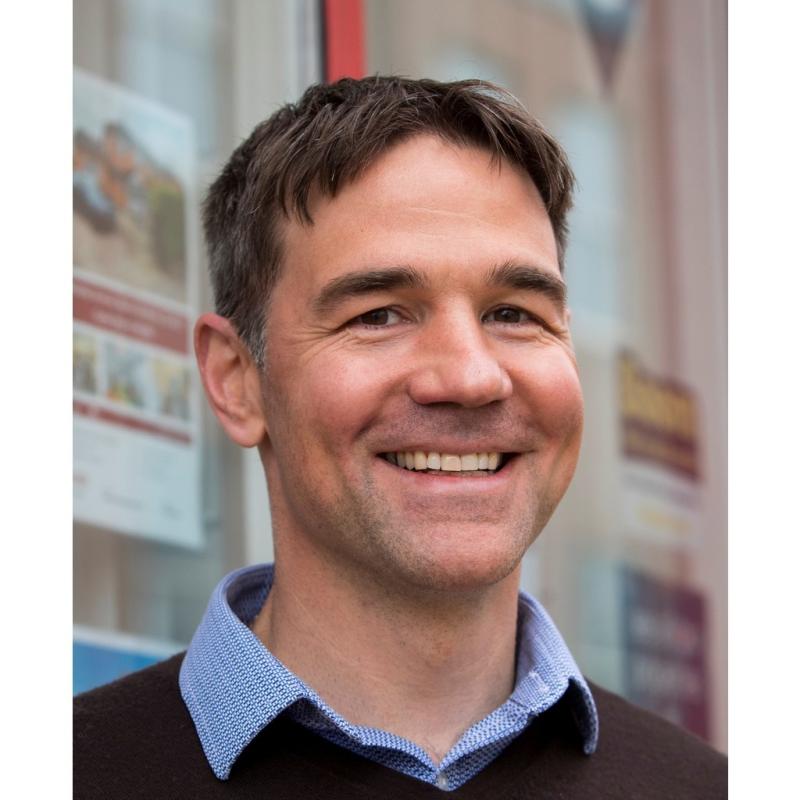Data
IReNA at the 76th United Nations General Assembly Science Summit

One of IReNA's founding members, Raphael Hirschi of Keele University in the UK, and ChETEC COST Action chair, brought up the importance of international cooperation for the advancement of nuclear astrophysics to the forefront of international policy-making at the Science Summit at the 76th United Nations General Assembly (SSUNGA76).
The objective of the virtual meeting was to raise awareness of the role and contribution of science to the attainment of the United Nations Sustainable Development Goals (UN SDGs). It aims to demonstrate initiatives that provide models for global science mechanisms and activities in support of the SDGs, particularly in science infrastructure and capacity building.
IReNA was presented as a real life example of a network of networks that advances and accelerates science by synthesizing diverse expertise and capabilities across disciplines and countries, opens new opportunities for education and training of young scientists and the broadening of participation, enables synthesis and exchange of diverse data sets across international communities, and creates the communication channels and collaborative structures needed for a rapid scientific response to new multi-messenger discoveries in order to advance nuclear astrophysics.
 During his talk, Raphael Hirschi, who is also a member of the IReNA Steering Committee, discussed current challenges and opportunities in international cooperation for nuclear astrophysics, and how the network approach facilitates global communication between funding agencies and scientists.
During his talk, Raphael Hirschi, who is also a member of the IReNA Steering Committee, discussed current challenges and opportunities in international cooperation for nuclear astrophysics, and how the network approach facilitates global communication between funding agencies and scientists.
The session was organized by COST as the European instrument enabling global Research, Technological Development and Innovation (RTDI) collaboration. The goal of the session was to advance the broader discussion on the needs and challenges of global RTDI collaboration and how these could contribute to the realization of the UN SDGs.
